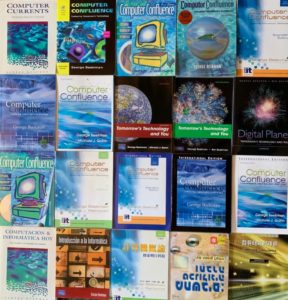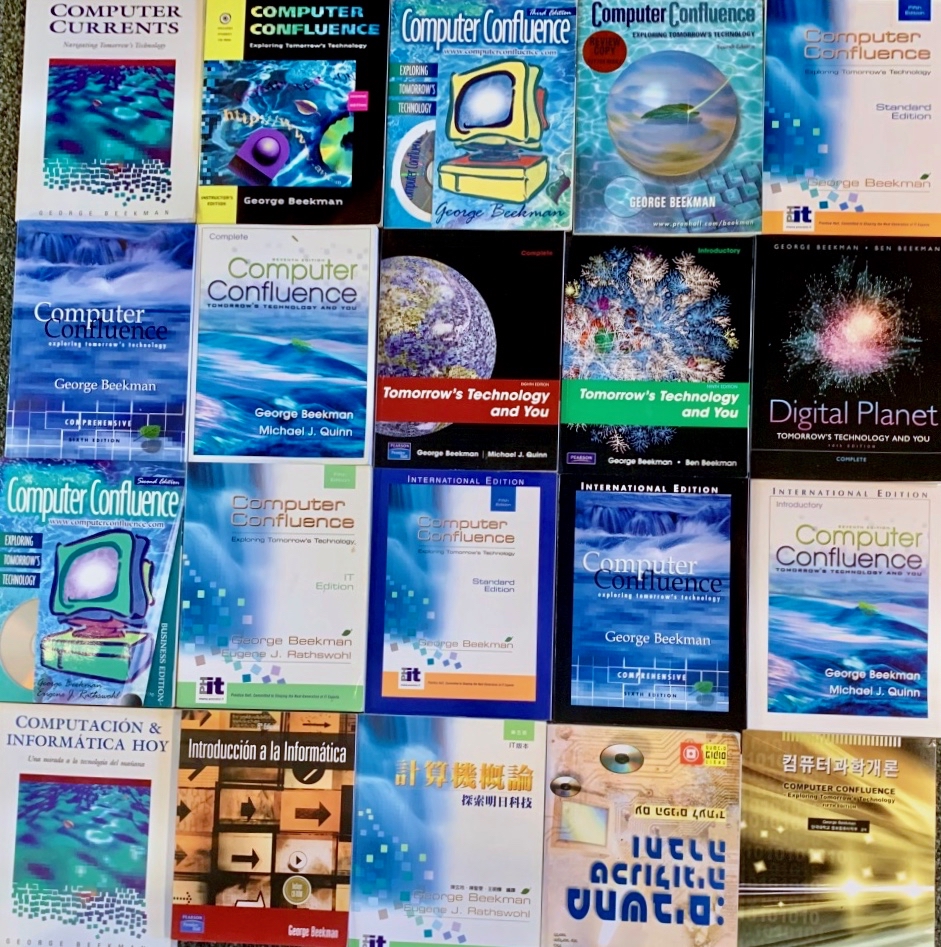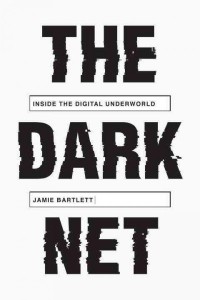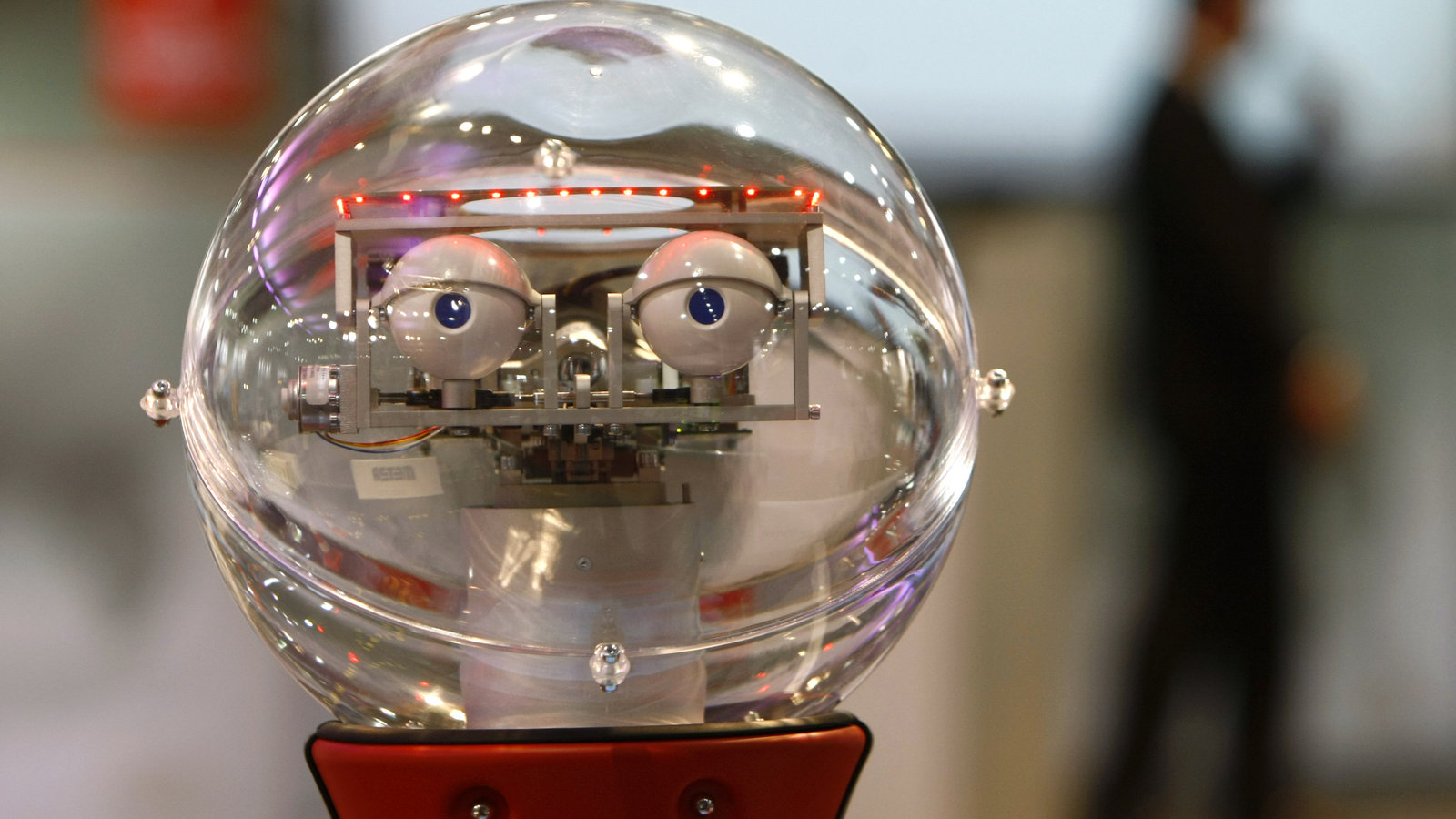 After ten editions and multiple translations, Digital Planet is now officially out of print. We’re deeply grateful to all of you who joined us as we rode the waves from Computer Currents to Digital Planet.
After ten editions and multiple translations, Digital Planet is now officially out of print. We’re deeply grateful to all of you who joined us as we rode the waves from Computer Currents to Digital Planet.


 After ten editions and multiple translations, Digital Planet is now officially out of print. We’re deeply grateful to all of you who joined us as we rode the waves from Computer Currents to Digital Planet.
After ten editions and multiple translations, Digital Planet is now officially out of print. We’re deeply grateful to all of you who joined us as we rode the waves from Computer Currents to Digital Planet.
The Freqonomics podcast explores “the hidden side of everything.” This particular episode does a masterful job of charting the Internet’s trajectory from its inception (and before) to the present. Without being overly technical, it outlines some key trends that may threaten the original vision of the net as an open communication platform for everybody—and may also have profound impact on our greater society.
The robots are coming, and they’re coming fast. In this fascinating Fresh Air interview, tech writer John Markoff talks about several ways that intelligent machines are likely to profoundly change our lives over the next few years. From self-driving cars to peopleless warehouses, intelligent machines will play major roles in shaping our world. He makes a critical distinction between artificial intelligence (AI) and intelligence augmentation (IA), two schools of research that take radically different approaches to the relationship between humans and machines. As a bonus, the interview ends with what is probably the funniest robot song ever recorded.
npr.org/sections/alltechconsidered/2015/08/20/433000643/how-close-are-we-really-to-a-robot-run-society
We generally think about digital technology as something that’s outside of us. I think there’s a clear boundary between me and my technology. But that boundary is getting fuzzier all the time. In this fascinating talk to the Long Now Foundation, science fiction writer Ramez Naam makes a compelling case that the boundary is about to disappear forever. He discusses cutting edge research in many related fields and the ethical implications of that research as it finds its way into our products and our bodies.
The Long Now Foundation hosts an excellent series monthly talks related to its important mission of helping us see the long view; this is part of that ongoing series. While you’re on their site, take some time to look for other gems.
Shaming and bullying existed long before the Internet age. But social networks have the power to magnify the negative impact of those activities, sometimes wrecking the lives of innocent people in the process. In this fascinating TED talk, Jon Ronson graphically illustrates this phenomenon with a true story and talks about what we need to do to minimize the consequences of Internet shaming.
[iframe id=”https://embed-ssl.ted.com/talks/jon_ronson_what_happens_when_online_shaming_spirals_out_of_control.html” align=”center” mode=”normal” autoplay=”yes” aspect_ratio=”4:3″ maxwidth=”720″]
 There are huge chunks of the Internet that can’t be found with your standard web browser. Criminals, anarchists, and trolls use encryption-enabled browsers to conduct their business anonymously in these dark corners of the net. In this fascinating Fresh Air interview, author Jamie Bartlett talks about his experiences in the dark net.
There are huge chunks of the Internet that can’t be found with your standard web browser. Criminals, anarchists, and trolls use encryption-enabled browsers to conduct their business anonymously in these dark corners of the net. In this fascinating Fresh Air interview, author Jamie Bartlett talks about his experiences in the dark net.
npr.org/sections/alltechconsidered/2015/06/03/411476653/infiltrating-the-dark-net-where-criminals-trolls-and-extremists-reign

More jobs every day are being automated—done by machines rather than humans. In this thought-provoking Fresh Air interview, Silicon Valley executive Martin Ford says that all kinds of jobs—even many that we assume are machine-proof—are threatened by advances in hardware and software. The implications for our economy and our society are far-reaching.
http://www.npr.org/sections/alltechconsidered/2015/05/18/407648886/attention-white-collar-workers-the-robots-are-coming-for-your-jobs
Many people believe that privacy is a thing of the past. It’s true that our networked world makes it harder to keep secrets. But there are many things you can do to protect your privacy online. This Huffington Post article clearly outlines some quick fixes you can make in a few minutes.
Facebook made lots of headlines a few months ago when people discovered that their news feeds had been manipulated for research purposes. Many people were shocked that they’d been unwitting participants in massive social science studies. But similar research at Facebook has also been used to help the company to determine how to best help customers deal with unwanted posts. This Radiolab program explores the light and dark sides of Facebook’s gigantic social engineering projects.
www.radiolab.org/story/trust-engineers/
 Net neutrality has been a core principle of the Internet since the beginning, but it’s been making lots of headlines lately. The FCC has ruled that net neutrality is the law of the land—at least for now. But what does that mean for you? This Huffington Post article focuses on that question and gives clear answers.
Net neutrality has been a core principle of the Internet since the beginning, but it’s been making lots of headlines lately. The FCC has ruled that net neutrality is the law of the land—at least for now. But what does that mean for you? This Huffington Post article focuses on that question and gives clear answers.
www.huffingtonpost.com/2015/02/26/fcc-net-neutrality-ruling_n_6761174.html